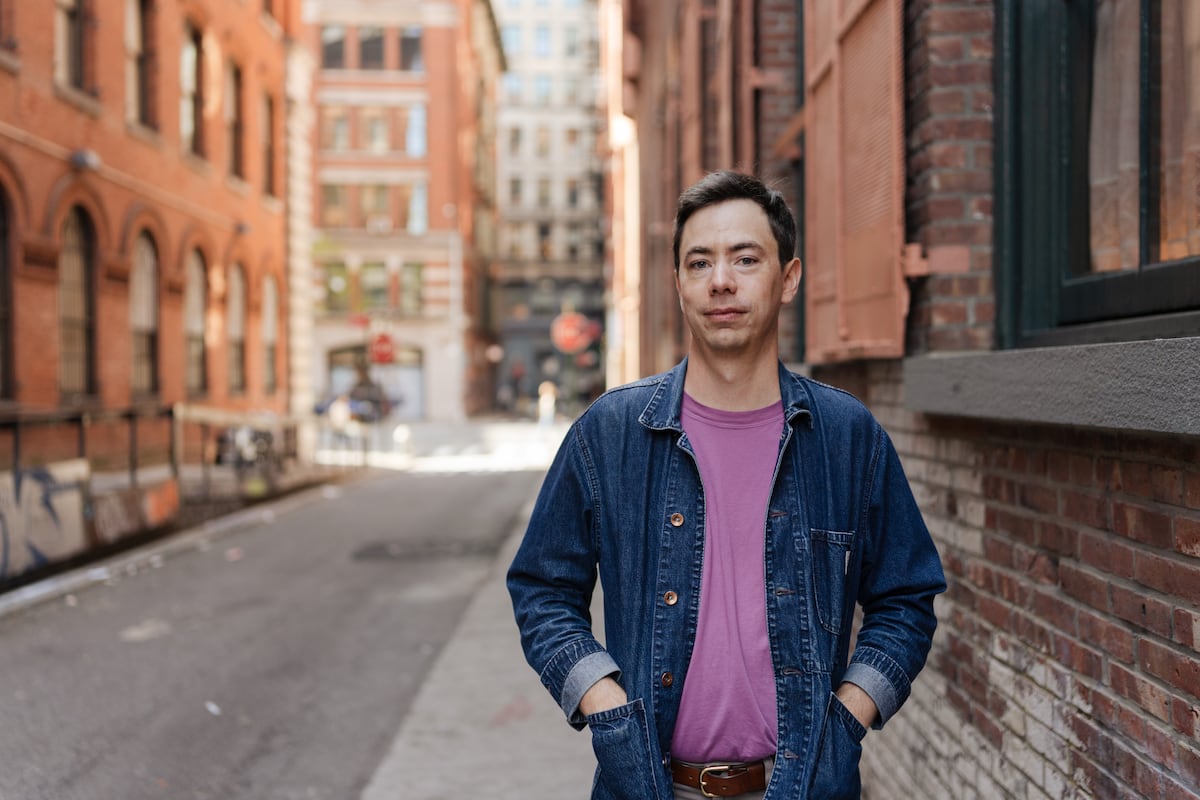Kyle Chayka, a 35-year-old journalist born in Maine (USA), is the author of a new book “Mundofilter: How algorithms have flattened culture” published by Gatopardo. In this book, he explores the challenges of finding new artistic experiences in a data-driven world. He questions the impact of algorithmic recommendations on our lives, arguing that they limit our exposure to diverse cultural experiences and make us more passive consumers.
Chayka defines “Mundofilter” as an idea that represents how algorithms surround us and filter everything through digital platforms. He believes that this flattening of culture through algorithms makes our lives more boring and less interesting, as we are increasingly exposed to content that reinforces our existing preferences and biases.
Chayka also discusses the decline of minimalism in the age of Instagram, raising concerns about the homogenization of culture and the pressure for artists to conform to algorithmic expectations in order to gain visibility and success. He emphasizes the importance of effort in cultural discovery, suggesting that the ease of finding new content online can lead to surface-level consumption and a lack of meaningful engagement with art.
In addition, Chayka addresses algorithmic anxiety, noting that many people feel anxious and powerless in the face of algorithms that dictate their online experiences. He argues for a balance between algorithmic control and human curation, emphasizing the value of individual voices and curators in a digital landscape dominated by data-driven platforms.
As for what’s next for online culture, Chayka suggests that we may be witnessing an era where dominant digital platforms are giving way to smaller niche spaces offering more freedom for experimentation and creative expression. He encourages people to seek out alternative platforms and curators that align with their interests and values in order to support a more diverse and vibrant cultural ecosystem.
Overall, Chayka’s work highlights the need for individuals to be aware of how algorithms shape their lives and take action to create a more diverse cultural ecosystem through seeking out alternative platforms and curators who challenge these systems.

